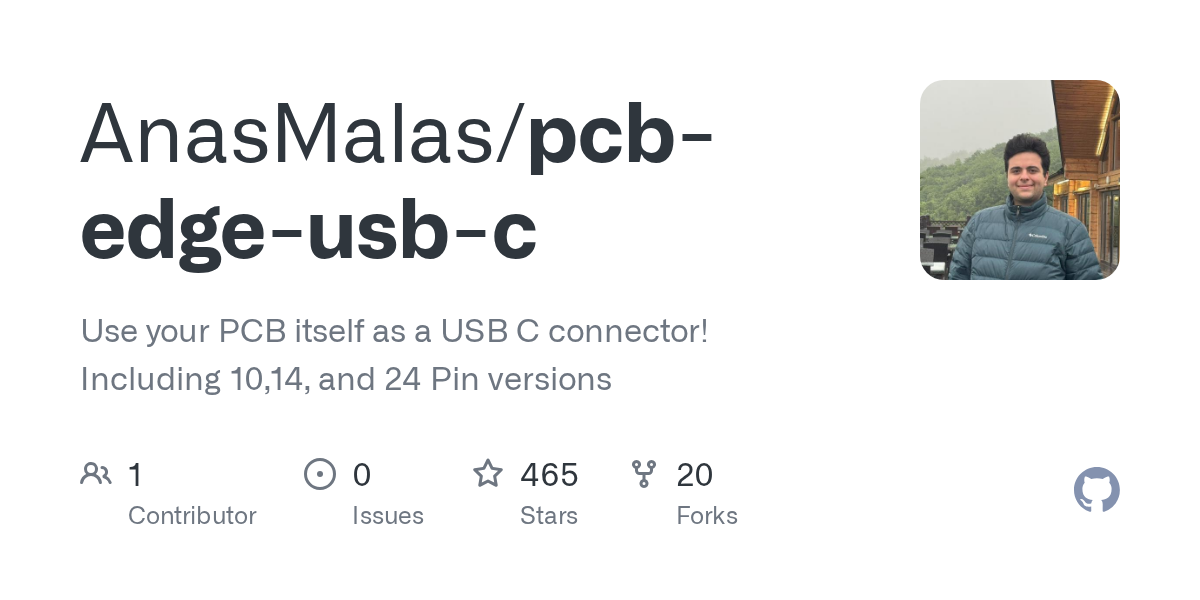Copyright timesnownews

In a move that perfectly captures the digital chaos of modern communication, Dictionary.com has chosen “67” as its Word of the Year for 2025. The decision reflects how quickly internet slang, memes, and humour now shape the language we use every day. For many adults, “six-seven” might sound meaningless. But among younger generations, particularly Gen Alpha, it has become a viral emblem of online culture — a blend of irony, connection, and in-joke energy that defines how people communicate today. Where “67” Came From The word’s rise was anything but accidental. According to Dictionary.com’s language analysts, searches for “67” have increased more than sixfold since June 2025, making it one of the most-searched expressions on the internet this year. The trend began with “Doot Doot (6 7)”, a viral track by rapper Skrilla. Soon after, TikTok was flooded with videos featuring basketball clips and a teenage creator known as the “67 Kid”. Within weeks, the phrase escaped digital boundaries, echoing through classrooms as teachers across schools shared stories of students chanting “67” repeatedly for no apparent reason. What “67” Really Means The most asked question remains: what does “67” actually mean? According to Dictionary.com, the term is often used to express something in-between, like saying “so-so” or “maybe”, and is typically accompanied by a playful gesture where both palms bob up and down. It’s become a light-hearted, non-committal response to almost anything, the kind of phrase that can replace words when humour says more than clarity ever could. Linguists, however, believe it symbolises something deeper. It represents how younger generations are building connections through shared absurdity. As one language expert noted, it reflects “a feeling of being online,” where the goal is less about meaning and more about belonging. In this world, memes are languages, numbers can be words, and irony itself becomes a form of empathy. Why “67” Was Chosen Dictionary.com stated that the choice of “67” highlights how fast language evolves in the digital age. Today, words, emojis, and even numbers can travel across the globe within days through social media. What begins as a song lyric or an inside joke can transform into a global expression almost overnight. Other Words That Defined 2025 “67” wasn’t the only contender. Other shortlisted words included “aura farming”, “agentic”, “clanker”, “broligarchy”, the dynamite emoji, “kiss cam”, “overtourism”, “tradwife”, “gen z stare”, and “tariff”. Each term captured major social, cultural, or technological trends of the year, from the rise of influencer burnout to renewed debates on gender, travel, and digital fatigue. The “67” isn’t just a number; it is a snapshot of how people, particularly younger generations, shape language to express identity and connection in an increasingly online world. Internet Reacts to the ‘Absurd’ Choice Predictably, the announcement ignited a storm of reactions across social media. Many found humour in what they called the absurdity of the decision. One user wrote, “A word with no definition. Nice.” Another quipped, “Two numbers as the word of the year.” “We have officially run out of words,” joked one user, summing up the collective disbelief. Some users took a more creative approach, comparing the moment to a scene from a fantasy novel, posting, “JK Rowling was truly ahead of her time.” Others were far less amused, calling the decision “complete nonsense” and claiming it shows “how far language has devolved.” One even offered a technical correction, writing, “Just to be boring, I think it should be separated by a hyphen-6-7.” What It Says About Modern Language Behind the humour and backlash lies a serious linguistic observation. The rise of “67” reflects how language has become more fluid, visual, and community-driven. The internet has blurred the line between joke and jargon, giving birth to expressions that mean different things depending on who says them and how. Experts note that this new form of communication prioritises participation over precision. To “get it” is to belong. Words like “67” are less about what they mean and more about who uses them. It’s not a message, it’s a wink — a shared signal that says, “You’re one of us.” The selection of “67” as the Word of the Year may appear absurd, but that absurdity is the point. It mirrors the digital world we now inhabit, where humour, speed, and shared chaos shape how we connect. For a generation that lives online, meaning is no longer fixed; it’s fluid, performative, and fleeting. In that sense, “67” is less about language breaking down and more about how it keeps adapting. It proves that even nonsense can carry significance if enough people find joy, irony, or comfort in saying it. So, while critics may call it silly, and linguists may label it postmodern, “67” stands as a perfect symbol for our time: confusing, communal, and impossible to ignore.



